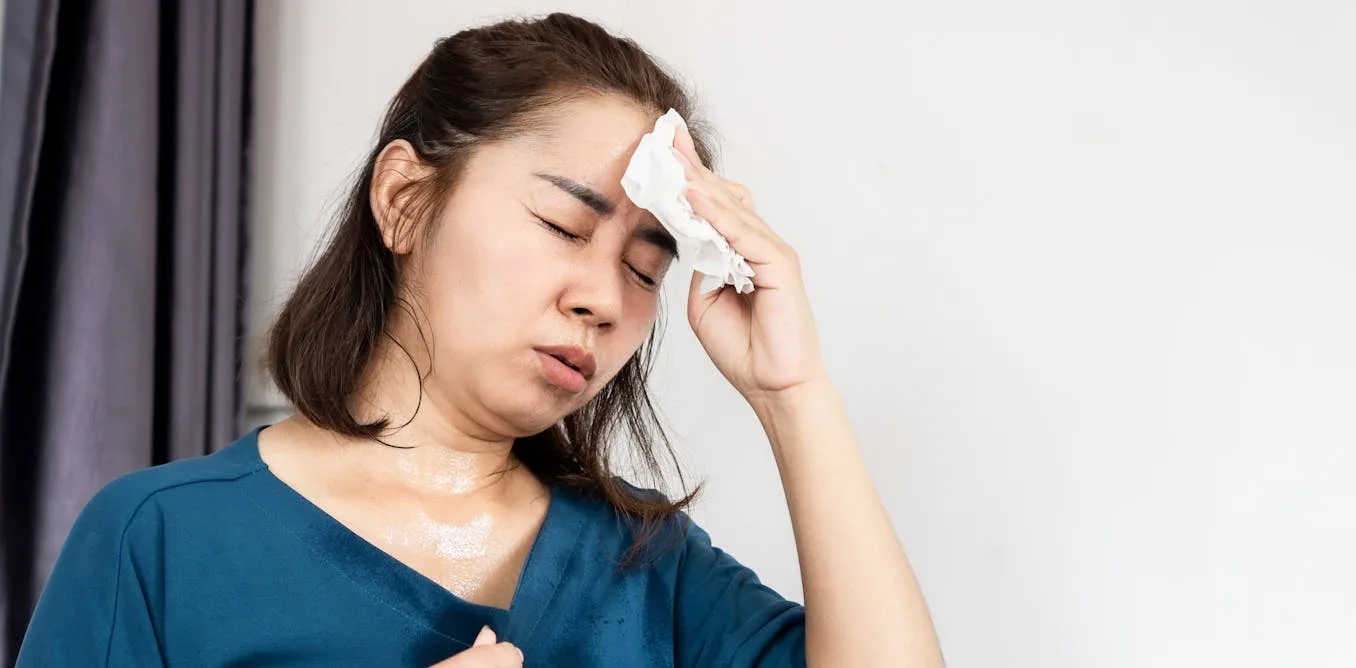Prescription Medications and Overheating: What You Need to Know
Did you know that some of the medications you take could be interfering with your body’s natural cooling mechanisms? It’s crucial to understand how certain prescription drugs can impact your ability to regulate body temperature, especially during hot weather or intense physical activity.
Why Medications Can Cause Overheating
Several types of prescription drugs can hinder your body’s cooling processes. These medications can affect different aspects of temperature regulation, leading to potential overheating.
- Anticholinergics: These drugs block the action of acetylcholine, a neurotransmitter that plays a role in sweat production. Reduced sweating makes it harder to cool down.
- Diuretics: Often prescribed for high blood pressure or fluid retention, diuretics can lead to dehydration, which impairs the body’s ability to regulate temperature effectively.
- Beta-blockers: Used to treat heart conditions and anxiety, beta-blockers can reduce blood flow to the skin, hindering heat dissipation.
- Antipsychotics: Some antipsychotic medications can interfere with the hypothalamus, the brain region responsible for temperature control.
Who Is at Risk?
Certain individuals are more susceptible to medication-induced overheating:
- Older adults: Their bodies may not regulate temperature as efficiently.
- People with chronic conditions: Conditions like heart disease, diabetes, and respiratory illnesses can increase vulnerability.
- Athletes and outdoor workers: Engaging in strenuous activities in hot environments while taking these medications raises the risk of overheating.
How to Stay Safe
If you’re taking prescription medications, especially during the warmer months, consider these precautions:
- Stay hydrated: Drink plenty of water throughout the day.
- Avoid strenuous activity during peak heat: Limit outdoor activities to cooler times of the day.
- Wear light, loose-fitting clothing: This allows for better ventilation and heat dissipation.
- Monitor for signs of overheating: Be aware of symptoms like dizziness, headache, nausea, and rapid heartbeat.
- Consult your doctor: Discuss your medications and potential risks with your healthcare provider.
Final Overview
Being aware of the potential impact of prescription drugs on your body’s cooling mechanisms is essential for staying safe and healthy. By understanding the risks and taking appropriate precautions, you can minimize the chances of overheating and enjoy a comfortable, active lifestyle.



+ There are no comments
Add yours